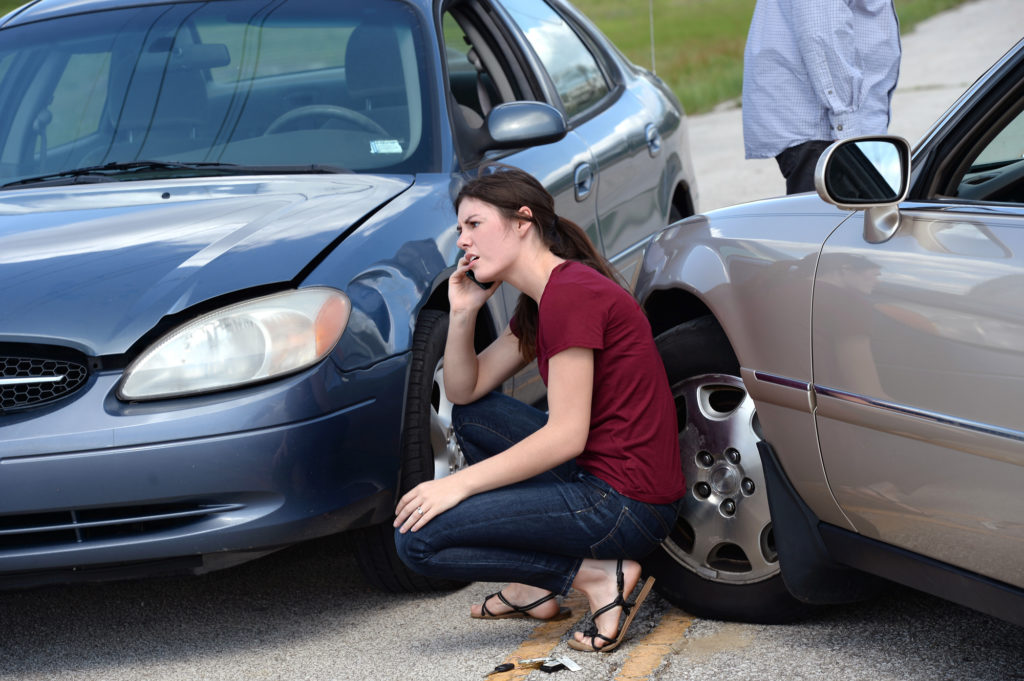
If you were involved in an accident that wasn’t your fault, your first reaction might be to think that truth and justice will make your case for you. Big mistake.
You could be dealing with an uninsured or underinsured motorist who might cause your rates to go up if you handle the case through your own insurance company. There’s also the possibility that his or her insurance company will fight tooth-and-nail not to admit fault to keep from paying.
Whatever you do, protect yourself. In the following article, we’ll discuss the seven ways you can do just that. Let’s begin!
1. Exchange Information With the Other Parties
Accidents happen. While COVID-19 lockdowns are noticeably reducing them, they’re not removing the problem altogether. Should you experience one, keep your head.
Your very first step should be to know with whom you’re dealing. Get their name, address, and policy information. Give them yours as well.
Try to avoid confrontation. Be as non-threatening as possible. Finally, any effort on how to dispute a car accident fault will depend on photographic evidence, so get plenty of pictures of the scene.
2. Collect Witness Information
Don’t just stop with the other driver. Many car accidents happen in full view of witnesses. Therefore, be prepared to repeat step one with the witnesses who stay on the scene.
Collect their contact information. Ask them to write a brief statement if they can. If the accident involves the police, they will handle this aspect for you.
3. Contact the Police
When it’s not your fault, this is a bit of a no-brainer. You want to get the police involved! However, some states and municipalities may not respond unless you insist if it’s a fender-bender on private property.
It can still be worth the call, though. That’s because officers have the ability to easily retrieve business surveillance footage if there is any.
4. Call Your Insurer
Another thing to do when you’re not at fault (or when you are, for that matter) is to call your insurance company and notify them of the wreck. If the accident truly isn’t your fault, they’ll have good standing to go after the other insurance company.
5. Get a Doctor to Examine You
Next, you’ll want to pay close attention to how your body is reacting in the coming days. If you start to experience aches and pains, you’ll want to get checked out by a doctor. Some accidents can seem like nothing at first but quickly grow into medical liabilities that you shouldn’t have to pay for.
6. Approach the Other Insurer Courteously But Professionally
This can be challenging to do if you’re handling everything yourself. You may feel compelled to argue your case with the insurance company right there over the phone.
Resist the temptation. They employ expert legal help to get them out of these very situations and can seize on your statements to try and deflect blame. If you’re doing it yourself, keep it professional.
7. Seek Proper Representation If Needed
Finally, seek the proper representation of a qualified attorney. Look for one who has experience dealing in third-party claims. A reputable attorney can be well worth the price if they maximize your settlement.
You Now Know What to Do If You Are Involved in an Accident That Wasn’t Your Fault
After becoming involved in an accident that wasn’t your fault, there can be some tricky obstacles and legal challenges. Go into the situation with a structured game plan, and seek professional help when you need it.
It’s all about protecting yourself. The tips presented here will do the job. For more advice and information on insurance, check out some of our additional posts.



















![Fan Expo Chicago [Convention], Donald E. Stephens Convention Center, 16 Aug What You Need to Know](https://www.thefreemanonline.org/wp-content/uploads/2024/09/Fan-Expo-Chicago-Convention-Donald-E.-Stephens-Convention-Center-16-Aug-What-You-Need-to-Know-74x55.jpg)
![Error [err_http_headers_sent] Cannot Set Headers After They Are Sent to the Client How to Fix](https://www.thefreemanonline.org/wp-content/uploads/2024/09/Error-err_http_headers_sent-Cannot-Set-Headers-After-They-Are-Sent-to-the-Client-How-to-Fix--74x55.jpg)
Add Comment